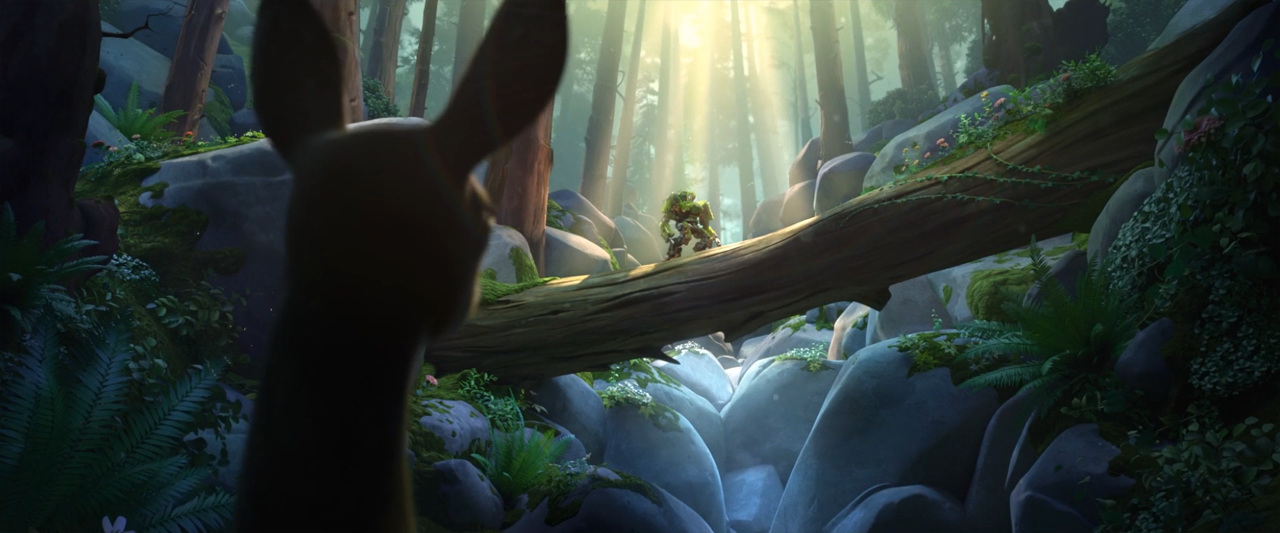

in sociology from Columbia University, and specializes in ethnographically based data journalism. At the beginning of December, it was broadcasting 99,000 copies of each issue, while its website had 18.4 million visits in November.Anand Gopal is an award-winning journalist and assistant research professor with the Center for the Study of Religion and Conflict and the Center on the Future of War at Arizona State University. Highly respected abroad, Novaya Gazeta remains a still marginal medium in Russia, where it is read by a liberal minority. The year 2009 was especially hard, with three newspaper collaborators assassinated, including a person very close to Politkovskaya, Natalia Estemirova, kidnapped in Grozny and found dead shortly after in the neighboring Republic of Ingushetia.

Traumatized, Muratov wanted to shut down the outlet, which he considered “dangerous for people’s lives,” Muratov told AFP in March.īut the journalists convinced him to go ahead. The masterminds of the crime have not yet been identified. The best known case was that of Anna Politkovskaya, known for her criticism of the Kremlin’s policies in Chechnya, murdered on October 7, 2006. Since its inception, Novaya Gazeta has paid a high price for its work and six of its workers have been killed. Until today, the newspaper, which is published three times a week, continues to offer long investigative articles, deep and scathing, such as on the mercenaries of the Wagner group or the repression of homosexuals in Chechnya.

Muratov, who has run the newspaper almost continuously since 1995, turned it into an exclusive scooper.Īddressing corruption and cases that implicated power, Novaya Gazeta delved into sensitive issues, including those that, since Vladimir Putin came to power in 2000, were unapproachable for other media, starting with the war in Chechnya. He discovered his vocation by collaborating with some local media during his studies in philology at the Kuibyshev State University.Īfter having worked in the popular daily Komsomolskaya Pravda, in 1993 he participated in the founding of Novaya Gazeta, launched with the financial support of the last Soviet leader (and Nobel Peace Prize winner in 1990), Mikhail Gorbachev. “We will stay to live and work in Russia,” he insisted at a time when a significant number of opponents and journalists left the country after the imprisonment of the Kremlin’s main adversary, Alexei Navalni.Īlways modest, Muratov affirmed then that it was the opponent who deserved the Nobel Peace Prize.ĭimitri Muratov was born in 1961 in Kuibyshev, a city on the Volga renamed Samara after the fall of the Soviet Union. “We are not going anywhere, we are not paid agents of foreign countries,” Muratov said in March during an interview with AFP. But behind his good-natured appearance hides a character of steel. With his light eyes and a round face with a gray beard, Muratov is reminiscent of a serene father. President Vladimir Putin reacted to the award by warning Muratov that the Nobel was not a “shield” that protects him from the status of “foreign agent”, a qualifier that greatly complicates the activity of people and organizations, which come under surveillance. The choice to reward this media representative of a combative press comes at a time when the independent press, the opposition and civil society in Russia are being harshly repressed, often labeled as “foreign agents” or banned for “extremism”. As a captain, Muratov dedicated his award to Novaya Gazeta and his collaborators “killed defending people’s right to freedom of expression”, like journalist Anna Politkovskaya, assassinated in 2006.


 0 kommentar(er)
0 kommentar(er)
